Are you ready to take your job application to the next level? Crafting a compelling letter that highlights your unique skills and experiences can make all the difference in landing your dream job. In this article, we'll explore essential tips for refining your job application letter, ensuring you stand out from the competition. So, grab a cup of coffee and let's dive into the details that will help you shine!

Job Title Specification
In the competitive job market, refining a job profile is crucial for candidates aiming to secure their desired position. Job titles such as Marketing Manager, Software Engineer, or Financial Analyst carry specific meanings and expectations across industries. A Marketing Manager may require skills in digital marketing strategies, analytics tools such as Google Analytics, and expertise in brand management to successfully navigate the dynamic landscape of customer engagement. A Software Engineer might need proficiency in programming languages like Python or Java, as well as experience with agile methodologies to efficiently collaborate with cross-functional teams. Financial Analysts typically are expected to have strong analytical skills, familiarity with financial modeling, and a comprehensive understanding of market trends to provide actionable insights for investment decisions. Tailoring job profiles to highlight relevant skills, experiences, and accomplishments not only enhances visibility to hiring managers but also aligns candidate qualifications with specific job expectations.
Key Responsibilities
Refining job profiles ensures a clear understanding of key responsibilities associated with various roles within an organization. For instance, a Software Engineer's responsibilities may include designing scalable software applications, collaborating with cross-functional teams like product management and quality assurance, and executing code reviews to maintain high-quality standards. Additionally, tracking performance metrics, like deployment times and user engagement rates, fosters continuous improvement. Regular participation in sprint planning meetings within Agile frameworks allows for alignment with business objectives. Ensuring adherence to industry best practices, such as coding standards and documentation, enhances project transparency and team efficiency, ultimately leading to greater impact on overall business goals.
Required Skills
A well-defined set of required skills greatly enhances the quality of a job application, particularly in competitive fields such as technology (software engineering, IT support) or healthcare (nursing, medical research). For positions like project manager, essential skills include leadership abilities, proficiency in project management software like Microsoft Project or Trello, and strong communication capabilities for team collaboration. In sales roles, proficiency in CRM tools such as Salesforce, experience in customer relationship management, and exceptional persuasive communication skills are vital for achieving targets. Attention to detail, critical thinking, and problem-solving abilities are crucial for positions in finance or consulting, where accuracy and strategic analysis impact overall performance. Diverse industries expect proficiency in technical skills, software expertise, relevant certifications, and soft skills tailored to the job profile to ensure a strong candidacy.
Company Culture Alignment
Company culture alignment plays a crucial role in employee satisfaction and productivity within organizations. Understanding a company's core values, such as innovation, collaboration, and integrity, is essential for prospective employees seeking to find a compatible work environment. This alignment can significantly enhance team dynamics and foster a sense of belonging among staff members. For instance, companies like Google (headquartered in Mountain View, California) prioritize creativity and open communication, resulting in a vibrant workplace that inspires employees. In contrast, more traditional organizations may emphasize structure and hierarchy, appealing to individuals who thrive in predictable environments. Therefore, it is vital for candidates to evaluate their personal values and work preferences to identify employers that resonate with their principles, ultimately leading to career satisfaction and long-term success.
Career Growth Opportunities
Career growth opportunities in various industries can significantly enhance employee satisfaction and productivity. Many organizations emphasize professional development programs to foster skill enhancement and advancement. For example, tech companies like Google and Microsoft offer continuous education initiatives, helping employees stay updated with the latest technologies, such as artificial intelligence and cloud computing. Additionally, mentorship programs provide valuable insights from seasoned professionals, promoting networking and personal growth. In the healthcare sector, organizations often support further education through sponsorship for advanced degrees, such as nursing or medical fields. The impact of investing in career growth can lead to increased employee retention rates, with statistics indicating that companies prioritizing development see up to a 20% lower turnover rate.

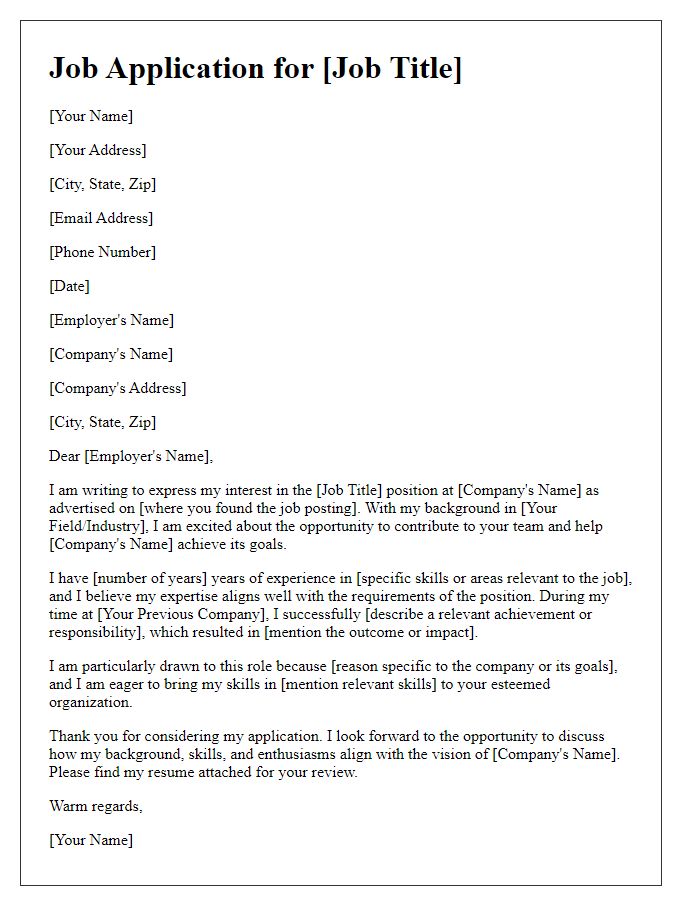
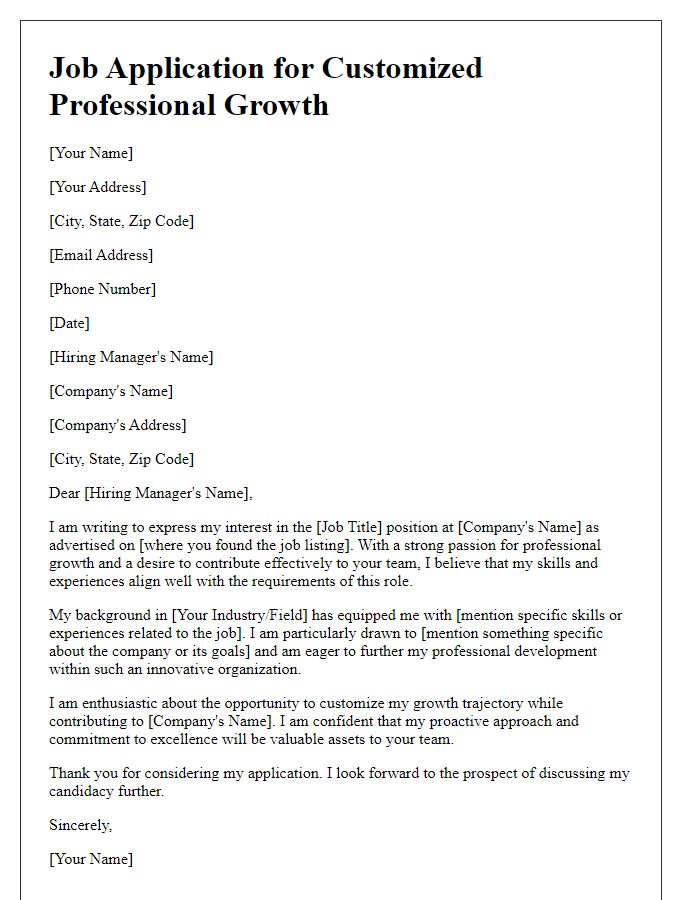
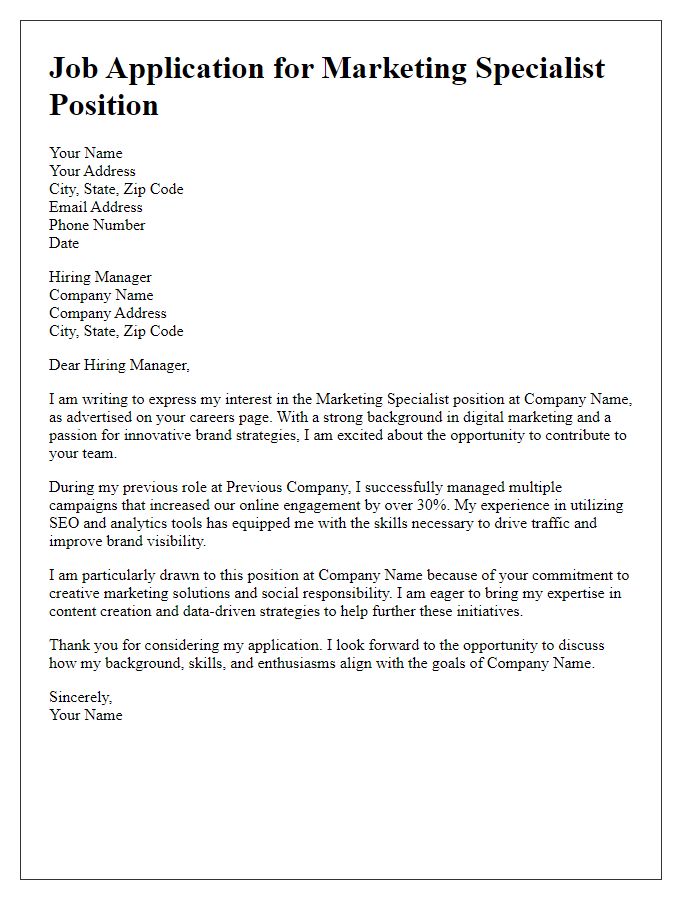
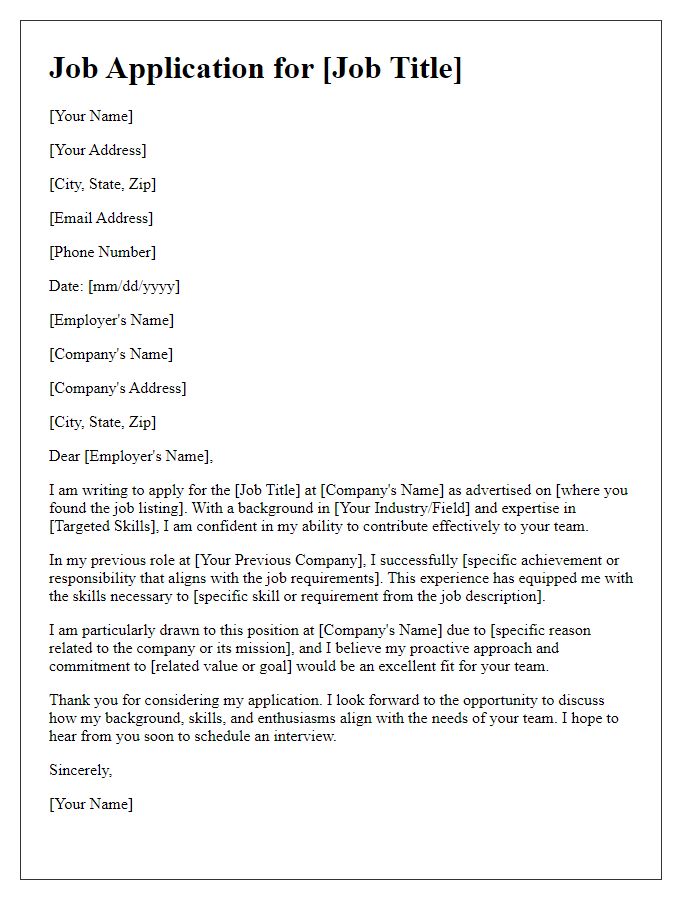
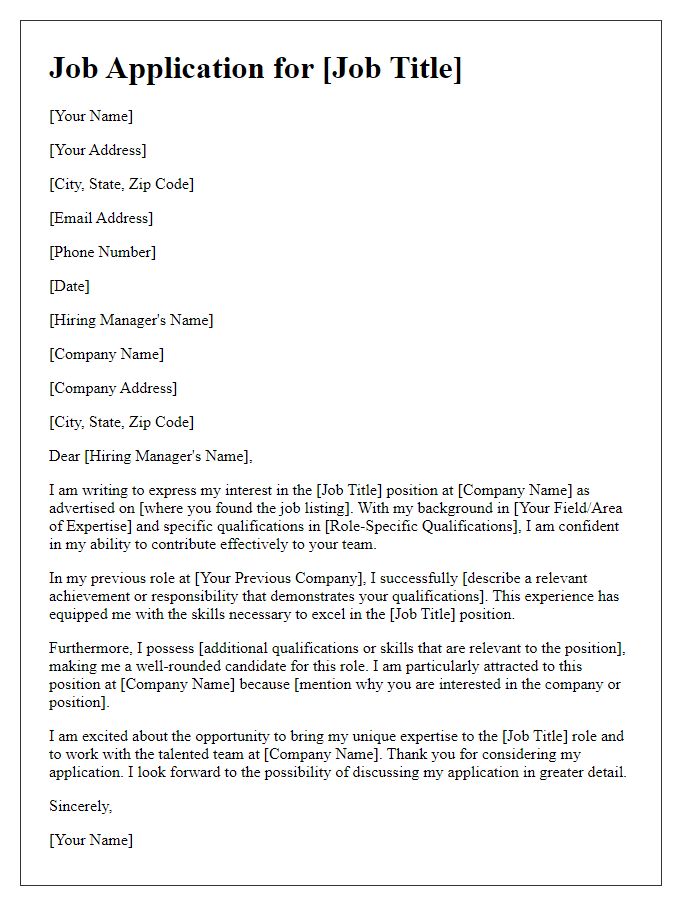
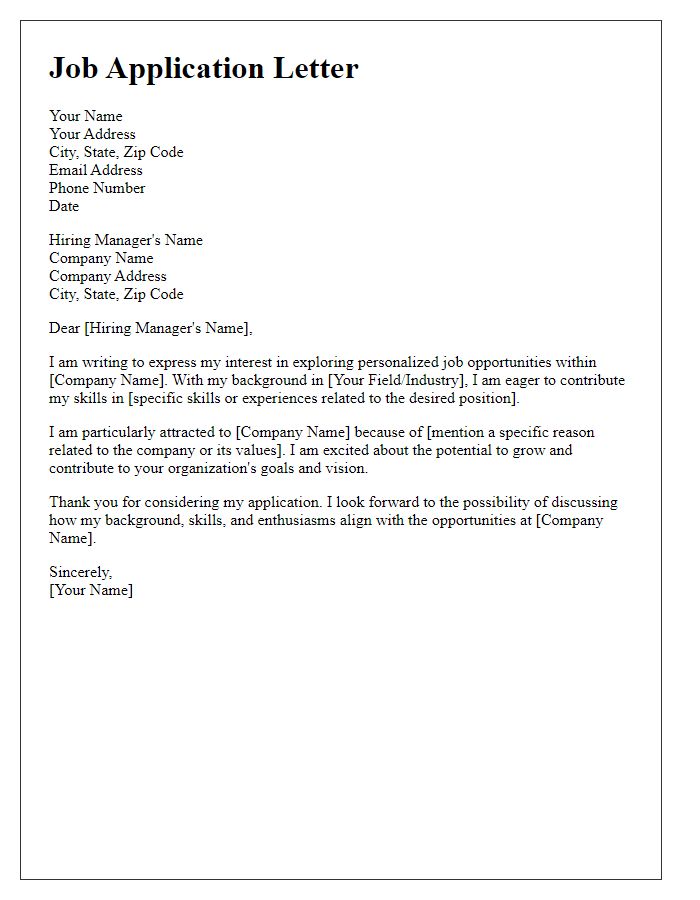
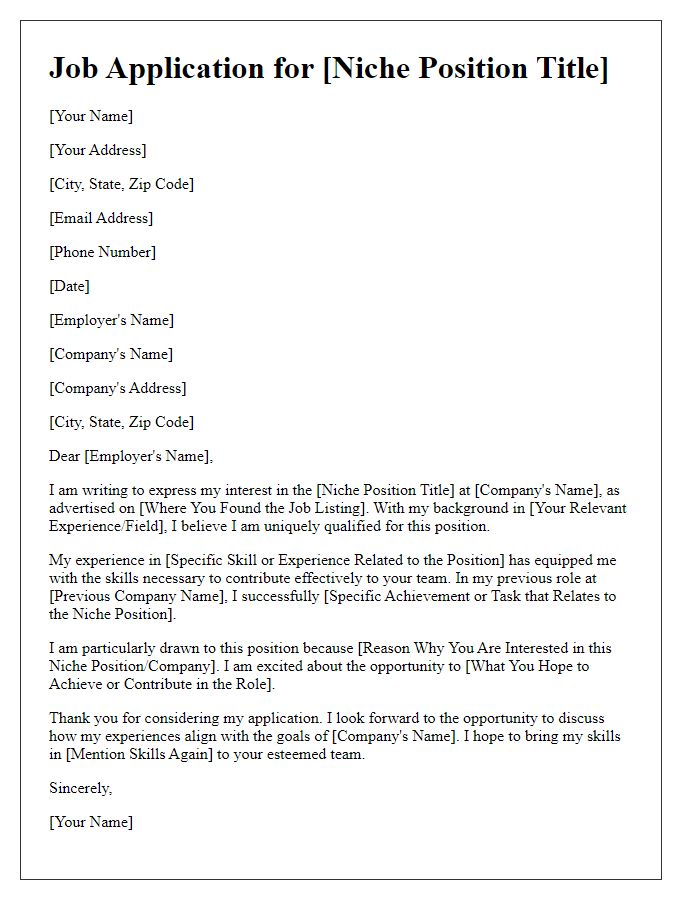
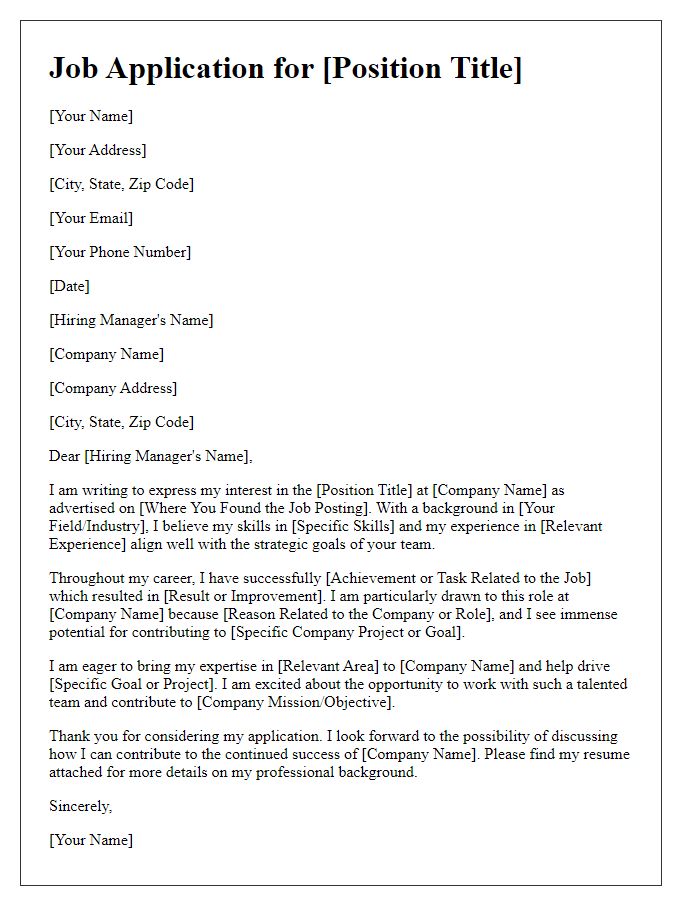
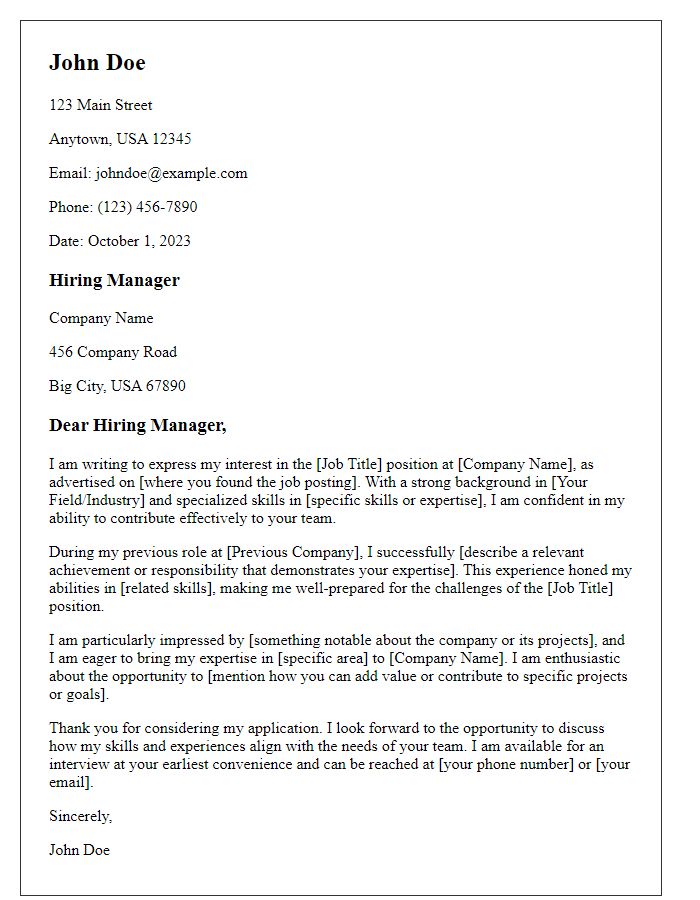
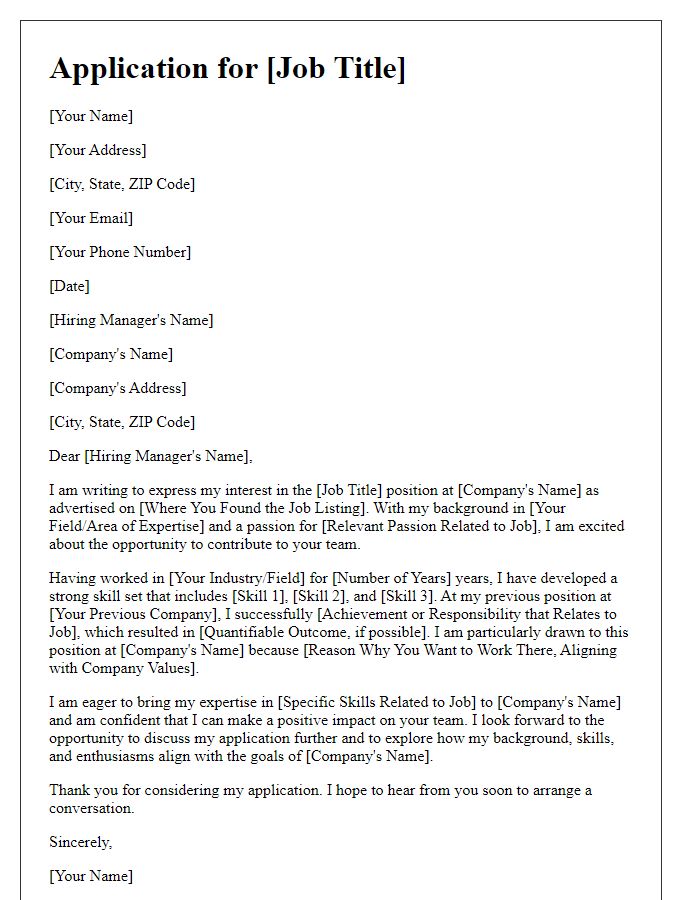


Comments